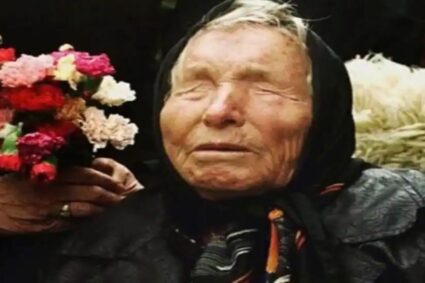
Vietnam urged more people on Tuesday to evacuate as an intensifying Typhoon Noru barrelled towards the southeast Asian nation, after causing at least eight deaths and widespread flooding in the Philippines.
Wind speeds were seen reaching 183 kilometres per hour late on Tuesday, the country’s meteorological agency said, adding that Noru was expected to make landfall in Vietnam on Wednesday before weakening and moving on to Thailand.
The typhoon forced airports in Vietnam to close, causing travel disruption, while thousands were forced to evacuate their homes, according to official statements. Wind speeds reached 134-149 km per hour early on Tuesday, the meteorological agency said.
“We don’t have much time left. The storm is intensifying so our responses must be stronger and faster,” Prime Minister Pham Minh Chinh said at an emergency disaster response meeting on Tuesday.
Subscriber Only Stories
 Satellite image released by NASA shows Typhoon Noru approaching Philippines, Sept. 24, 2022. (NASA Worldview, Earth Observing System Data and Information System (EOSDIS) via AP)
Satellite image released by NASA shows Typhoon Noru approaching Philippines, Sept. 24, 2022. (NASA Worldview, Earth Observing System Data and Information System (EOSDIS) via AP)
“Evacuation must been done as soon as possible with top priorities being people’s lives and assets.”
Vietnam’s aviation authority closed nine airports across the country from Tuesday, forcing hundreds of domestic and international flights to be cancelled.
Around 270,000 military personnel have been placed on standby, the government said in a statement.
Advertisement
The hardest-hit areas were expected to be central provinces Quang Ngai, home to the Dung Quat oil refinery, and Quang Nam, home to the World Heritage site of Hoi An, said the meteorological agency.
Quang Nam province evacuated more than 133,000 residents, the government said in a statement, while footage from state media VTV showed people fortifying their homes with bricks and sandbags.
Authorities were racing to secure the country’s coffee growing areas north of the Central Highlands region.
Advertisement
In the Philippines, where the category 3 storm made landfall on Sunday night, authorities said at least eight people had died, about 74,000 were sheltering in evacuation centres, and many more were left without electricity.
Footage from a local broadcaster showed police personnel cutting up fallen trees that were blocking roads in Quezon province, and residents sorting through debris with their hands. Aid workers distributed relief goods and food in coastal communities, according to footage broadcast on DZRH’s Youtube channel.
Typhoon Noru, the strongest storm to hit the Philippines this year, also damaged 1.53 billion pesos ($26 million) worth of crops, government data showed.
“There are still areas with floods,” Daniel Fernando, governor of Bulacan province north of the capital, told DZRH. Fields of rice almost ready for harvest were damaged beyond recovery, he added.





